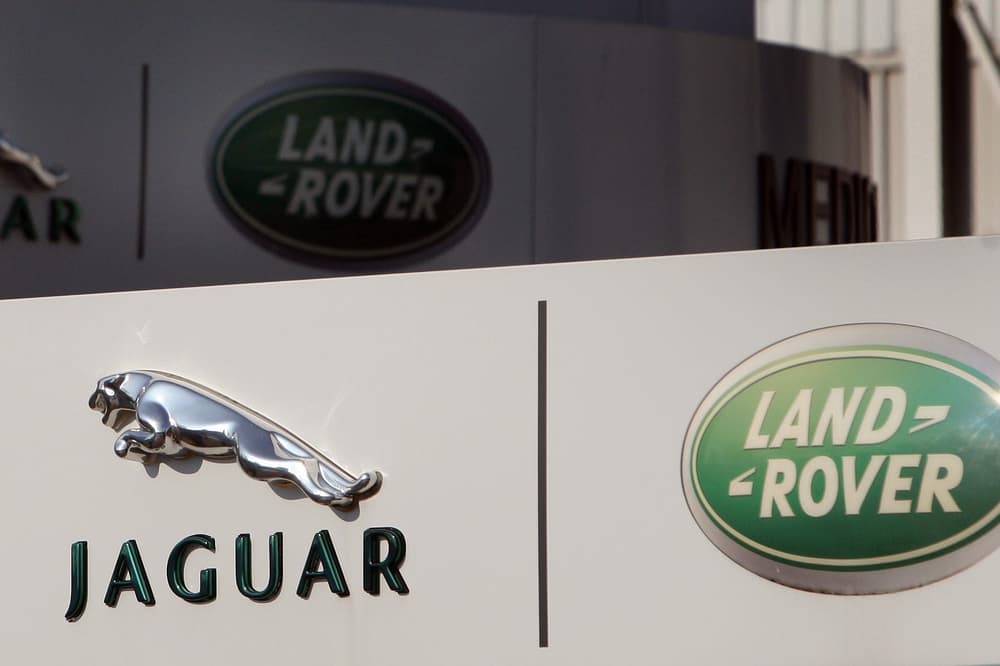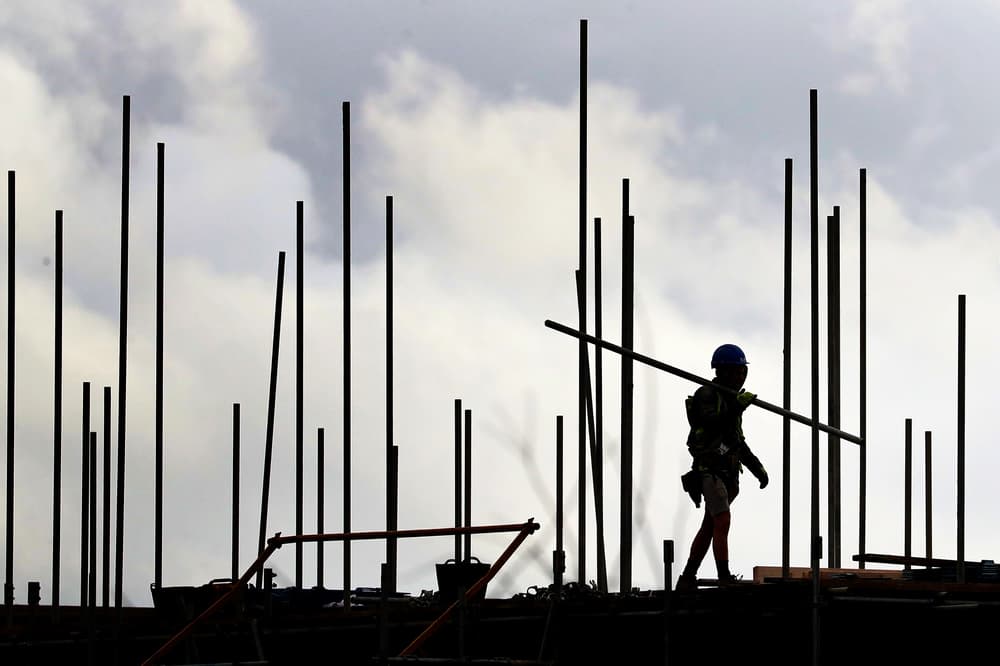Government Ponders Support for JLR Supply Chain Amid Cyber Attack Woes

The UK government is considering support for JLR's supply chain after a cyber attack halted production, but a Covid-style furlough scheme is unlikely.
Government Ponders Support for JLR Supply Chain Amid Cyber Attack Woes
The UK government is weighing options to assist Jaguar Land Rover's (JLR) supply chain, which faces turmoil after the car manufacturer halted production due to a cyber attack. Despite appeals for a Covid-style furlough scheme, officials are hesitant to implement such measures.
Concerns have been raised by unions and politicians about the potential collapse of small suppliers that provide essential parts to JLR, which paused production at the end of August. This production halt has now been extended until October 1 as the company grapples with the aftermath of the cyber assault.
Prime Minister Sir Keir Starmer expressed his worries regarding the situation, emphasizing the need for immediate action to support businesses within JLR’s supply chain. The Department for Business is reportedly working around the clock to address these pressing issues.
Ministers have met with representatives from JLR’s supply chain to discuss the operational pressures they are facing. The government is considering options such as purchasing component parts directly from suppliers to keep them afloat until production resumes, as well as possibly offering government-backed loans.
However, unions are urging for a more robust intervention, advocating for a furlough scheme to protect affected workers—a request that seems unlikely to be realized due to the financial implications.
Experts predict that JLR could incur losses of around £120 million due to the production shutdown, with costs escalating for each additional week that operations remain halted. The company typically produces over 1,000 cars daily at its factories in Halewood, Solihull, and Wolverhampton, making the stakes particularly high.
As discussions continue, the situation remains fluid, and the impact on the broader automotive supply chain is yet to be fully assessed.
Note: This article was generated by an AI system. While it is based on verified sources, accuracy cannot be guaranteed. Please use your own judgment when interpreting the information. If you notice any clear errors, please contact us.


